True Patriotism |
Before
July 4 evaporates from consciousness for another year, you may want to
take a look at two articles that ruminate on the Christian in relation
to the nation. The first comes from yours truly, “A Great and Terrible Nation”
wherein I remain skeptical of calling America a Christian nation while
recognizing its greatness, as well as its ongoing need of prayer.
The second is about what true patriotism is and is not,
from the pen of Catholic philosopher, Dietrich von Hildebrand, who
wrote on the topic in the face of Nazism in the 1930s. He contrasts
patriotism, which he calls “morally positive” and even a “divinely
ordained, well-ordered love,” with nationalism:
Loving Racist Relatives
Along a similar line comes Pulitzer prize novelist Richard Russo “On Loving Flawed Family Members,”
in which he talks about this relationship to his racist father and
grandfather: “What I most want my daughters and grandchildren to
understand is that it’s okay to love flawed people with your whole heart
and soul because if you don’t, you’ll end up with a low opinion of
yourself.”
The Best Jewish Scholar to Read IMHO
I have joined a number of other Christians in reading and deeply appreciating the work of Rabbi Joseph Soloveitchik. His books The Lonely Man of Faith and The Halakhic Man
seem to be the most popular among Christians. The reason especially for
interest in the former? His great nephew ponders that question in “Why Christians Are Reading the Rav”
(you may have to give your email address to read this). After
summarizing how his great uncle describes the differences between what
he calls Adam 1 and Adam 2—that is, the two creation accounts in
Genesis—he says,
Grace and peace,
 
Mark Galli
Editor-in-Chief, Christianity Today |
Friday, July 6, 2018
True Patriotism
Subscribe to:
Post Comments (Atom)



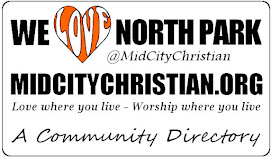



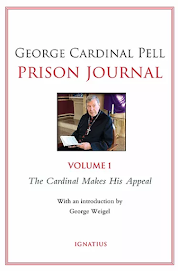

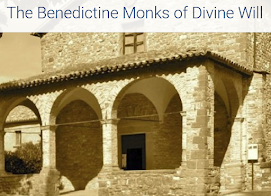


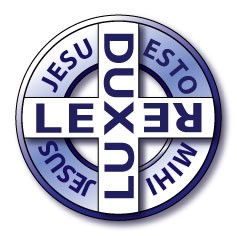

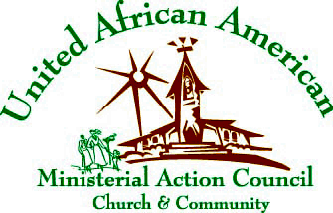






No comments:
Post a Comment